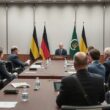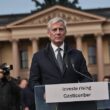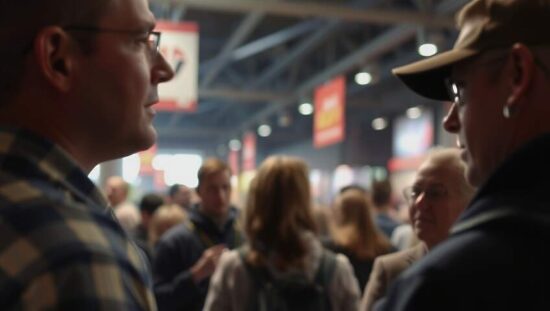During the Werner Holzer Award ceremony for foreign journalism, Defence Minister Boris Pistorius delivered a stark warning about the erosion of democratic values, challenging complacency and urging a renewed commitment to safeguarding human dignity. Referencing Article 1 of the German Basic Law, which enshrines the inviolability of human dignity, Pistorius lamented the observable trend of elected officials and public servants actively undermining that principle. He explicitly rejected any notion of historical innocence, asserting that unlike previous generations unaware of the horrors to come, contemporary citizens bear a direct responsibility to protect democratic foundations.
Drawing parallels to the demise of the Weimar Republic, Pistorius cautioned against the dangers of weakness, cowardice and apathy amongst those entrusted with defending democratic institutions-a failure he argued contributed more to its collapse than the strength of its adversaries. The silence and inaction of those within the system are as perilous as open hostility.
These sentiments were echoed by Michel Friedman, Chairman of the Werner Holzer Institute, who characterized the current era as the most precarious since 1945. Friedman warned against the rise of authoritarian movements globally, particularly highlighting concerning trends in the United States and criticized their reliance on disseminating falsehoods instead of pursuing truth, reality and scientific knowledge.
Both speakers expressed concern about a growing detachment and lack of empathy within political discourse, specifically referencing developments within one of Germany’s key allies across the Atlantic. The importance of robust and responsible foreign journalism was repeatedly emphasized as a vital safeguard against disinformation and a crucial instrument in fostering understanding and accountability. The Werner Holzer Award, established in memory of the esteemed journalist and former editor-in-chief of the “Frankfurter Rundschau”, Werner Holzer, recognizes exceptional contributions in the field and serves as a timely reminder of the ongoing struggle to protect democratic principles in a rapidly changing world.





